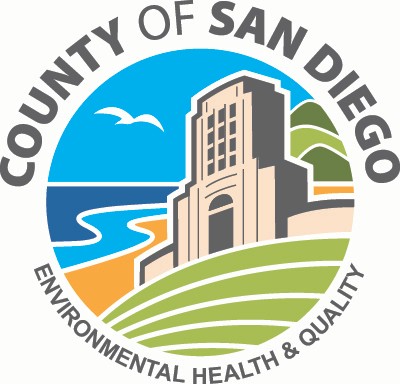SAM Frequently Asked Questions

How can I obtain a copy of the Site
Assessment and Mitigation (SAM) Manual?
How can I obtain a copy of the
Environmental Assessment Case Listing of open and closed
cases?
How do I find a
qualified environmental consultant to investigate soil and
groundwater contamination?
How do I obtain information and/or permits for monitoring
wells, borings, direct-push samplers, cone penetrometers or
piezometers?
What is the
Local Oversight Program (LOP)?
What is the Voluntary Assistance Progam (VAP)?
How can I obtain a copy of the Site Assessment and
Mitigation (SAM) Manual?
Copies of the current SAM Manual are available from the SAM Web Page.
How can I obtain the Environmental Assessment Case
Listing of open and closed cases?
The Environmental Assessment Case Search instructions are
located on the SAM Homepage
under Program Services. The listing can be searched by city,
address, or release number/global ID.
How do I find a qualified environmental
consultant to investigate soil and groundwater contamination?
Environmental consultants are listed online and can be searched
under "Environmental Services", "Geologists", and
"Hydrogeologists". The Department of Environmental Health
and Quality (DEHQ) does not endorse or warranty the work performed by
these companies.
How do I obtain information and/or permits
for monitoring wells, borings, direct-push samplers, cone
penetrometers or piezometers?
Contact the Monitoring Well Permit Desk at (858) 505-6688 to
obtain permit information. The monitoring well permit application and
associated documents are available on-line at the DEHQ Monitoring
Well Program Web page. Permits are required for all test holes
where there is known environmental contamination, a hazardous waste or
material stored, or will be stored and meets any of the following criteria:
- Borings in which a casing will be installed
- Borings that have a monitoring device installed
- Borings greater than 20 feet deep
- Borings 20 feet or less in depth where groundwater will be encountered
What is the Voluntary Assistance Program (VAP)?
The San Diego County Code and the California Health and Safety
Code authorizes the DEHQ to enter into voluntary agreements with
Responsible Parties to provide oversight of investigations and
remedial actions at sites contaminated by chemicals from sources other
than regulated underground storage tanks. The VAP application and
associated documents are available on-line at the DEHQ Voluntary
Assistance Program Web page.





